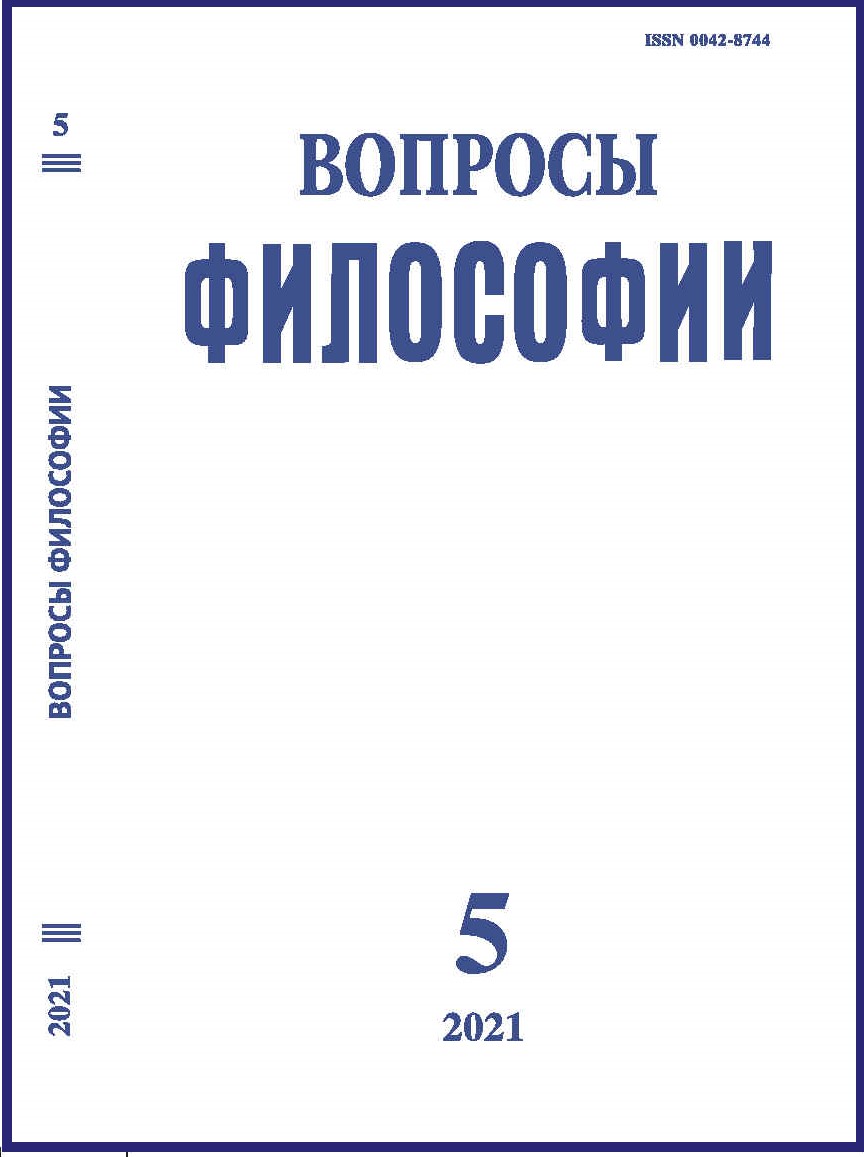What Do Negative Existential Claims Tell?
DOI:
https://doi.org/10.21146/0042-8744-2021-5-83-93Keywords:
existence, being, object, property, instantiation, empty name, direct reference, definite description, discourse referent, situationAbstract
How to read negative existential claims? This question has been intensively discussed in philosophy. The problem of these propositions is that under standard reading they say something contradictory, i.e. that something that somehow exists does not exist. If so, then all such propositions must be false or having no truth value. But intuitively many of them are true. In this article different solutions to the problem of negative existential propositions are critically observed: for instance, the solution consisting in the acceptance of double existence, existence of abstract entities along with material objects, events, states etc., or the solution of W.V.O. Quine who treats names as predicates. The author aligns with situationism, the position based on the idea of relativity of existence. From this point of view any existence is an existence in some situation – spacio-temporal section of some world. Situationism presupposes that entities denoted by names like “Pegasus” belong to reality (or the world in question) like normal objects with spatio-temporal features.

